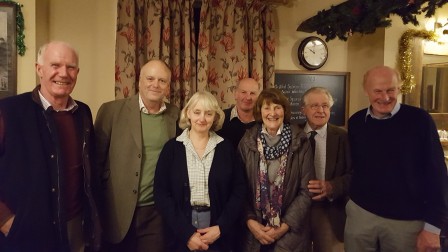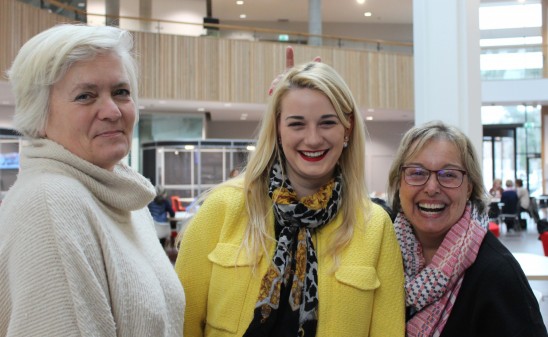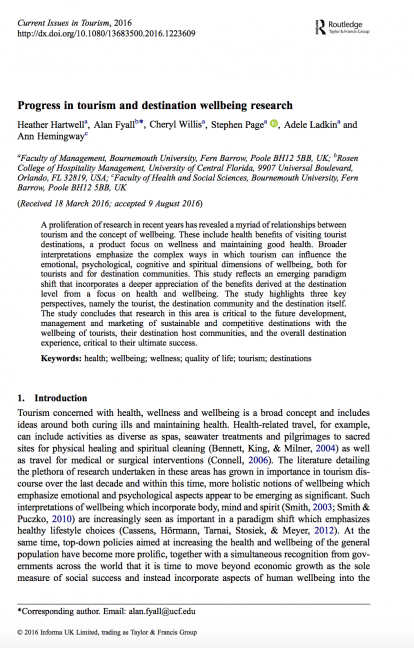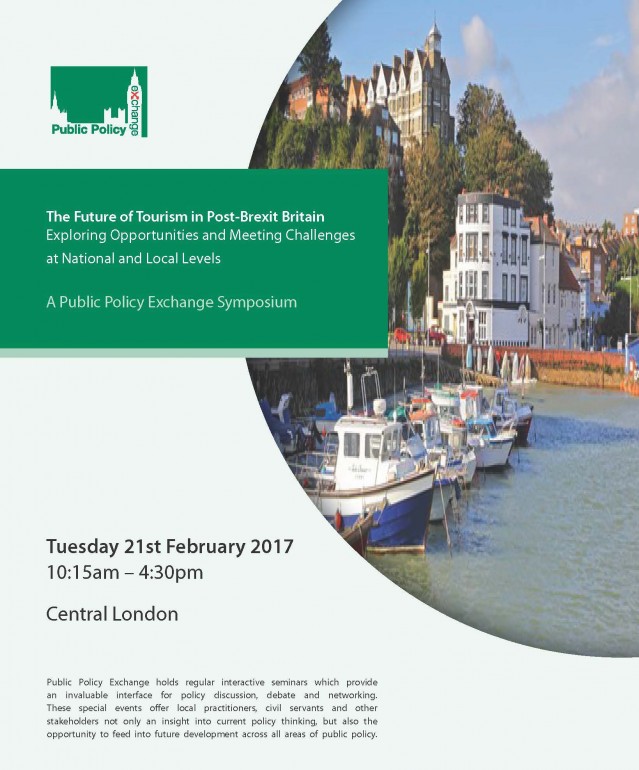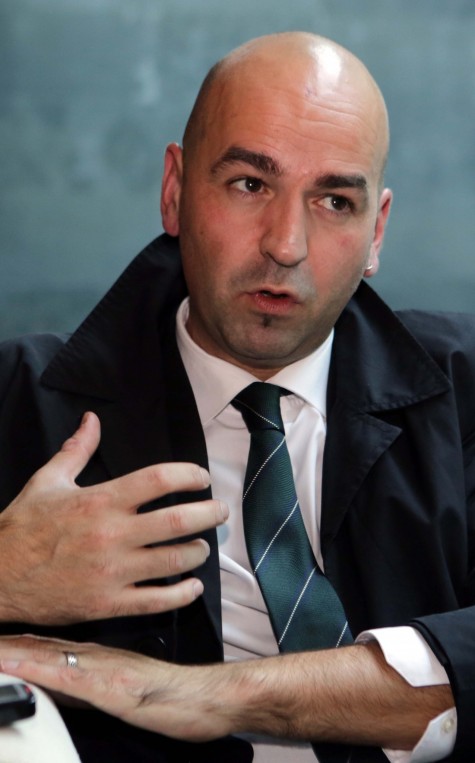Bournemouth University is pleased to collaborate with Aveiro University Portugal on the INVTUR conference
International conference Co-creating the future of tourism University of Aveiro, Portugal May 17th – 19th, 2017 & 16th May PhD Workshop
Professor Dimitrios Buhalis will be cochairing the conference and Professor Adele Ladkin will be a keynote speaker and a PhD Workshop facilitator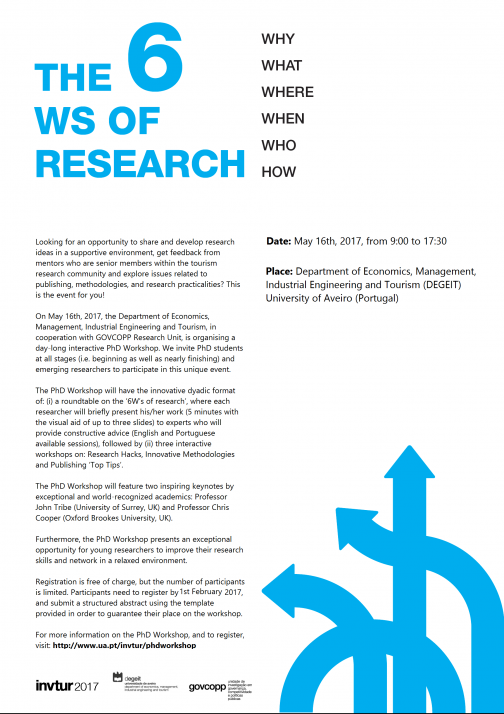
Tourism is becoming the world’s leading industry, topping the most important economic sectors. A new ecosystem is emerging that brings together economic, environmental, social and cultural resources to create value for all stakeholders. Tourism is one of the most influential drivers of change globally propelling prosperity and wellbeing for growing numbers of countries. In spite of its potential there is still a wide gap between the industry and society. Tourism is a social and anthropological phenomenon that percolates civilization, and its infrastructure and equipment are built alongside all the other urban and rural developments. However, tourism knowledge and tourism as science are still overlooked by entrepreneurs and governments.
INVTUR is an internationally acclaimed conference that is now reaching its 4th edition. It is organized by the University of Aveiro (Portugal), since 2010, in cooperation with several foreign partner universities. Each of the previous editions were attended by more than seven hundred delegates, from five continents and more than 30 countries. INVTUR has become a ground of discussion and scientific interaction, held in a modern and lovely city and university, where people seek to improve knowledge. Besides its scientific contribution, INVTUR provides an unforgettable experience from a social point of view, granting opportunities to network and to relax.
The 2017 edition is devoted to fuel discussion and to induce new approaches aimed at exploring emerging paradigms of value cocreation in the marketplace that will fuel the foundation of the new tourism ecosystem. INVTUR 2017 will provide an interactive, dynamic and international platform for academics and practitioners to discuss how to enhance research applications and knowledge management through partnerships. Alongside the conference, a showcase of good practices coming from the tourism industry and organisations will take place. The BIT – Business Innovation Tank will be run in a large marquee, adjacent to the conference rooms, where more than 30 companies and organisations will present innovative experiences in the tourism industry. In parallel to the academic conference, debates among tourism businesses and organisations will take place, with the aim of bridging the gap between academics and practitioners. Participants will, also, have the opportunity to strengthen partnerships with various stakeholders, including academic researchers, industry professionals, and governmental entities, through dialogues on how to better use research outputs for the benefit of the industry.
The conference welcomes works in areas such as (see also the thematic sessions):
» Tourism planning, policies and strategies;
» Geography and territory;
» Destination management and modelling;
» Economics of tourism;
» Internationalisation of tourism;
» Consumer behavior in tourism;
» New tourism products;
» Tourism marketing;
» Experience economy;
» Shared economy;
» Creative economy;
» Authenticity;
» Culture and heritage;
» Tourist gaze;
» Sociology of tourism;
» Food tourism;
» Anthropology of tourism;
» Demographics and Mobility;
» Post-modern tourist;
» Research and Education;
» Sustainability and ecotourism;
» Hospitality;
» Tourism history;
» Innovation in tourism;
» E-tourism, ICT, and smart tourism;
» Accessible tourism;
» Gender in tourism;
» Tourism networks.


